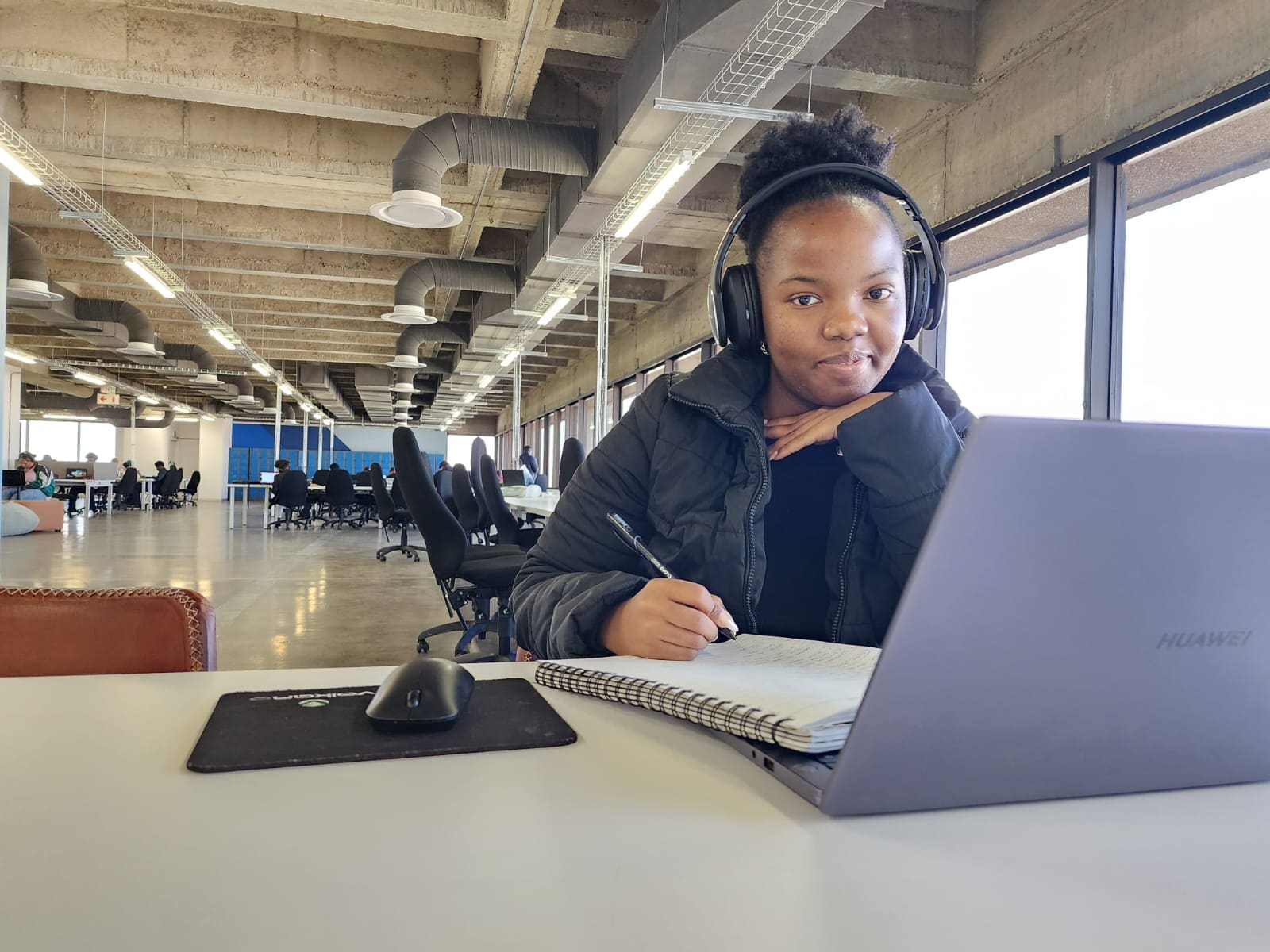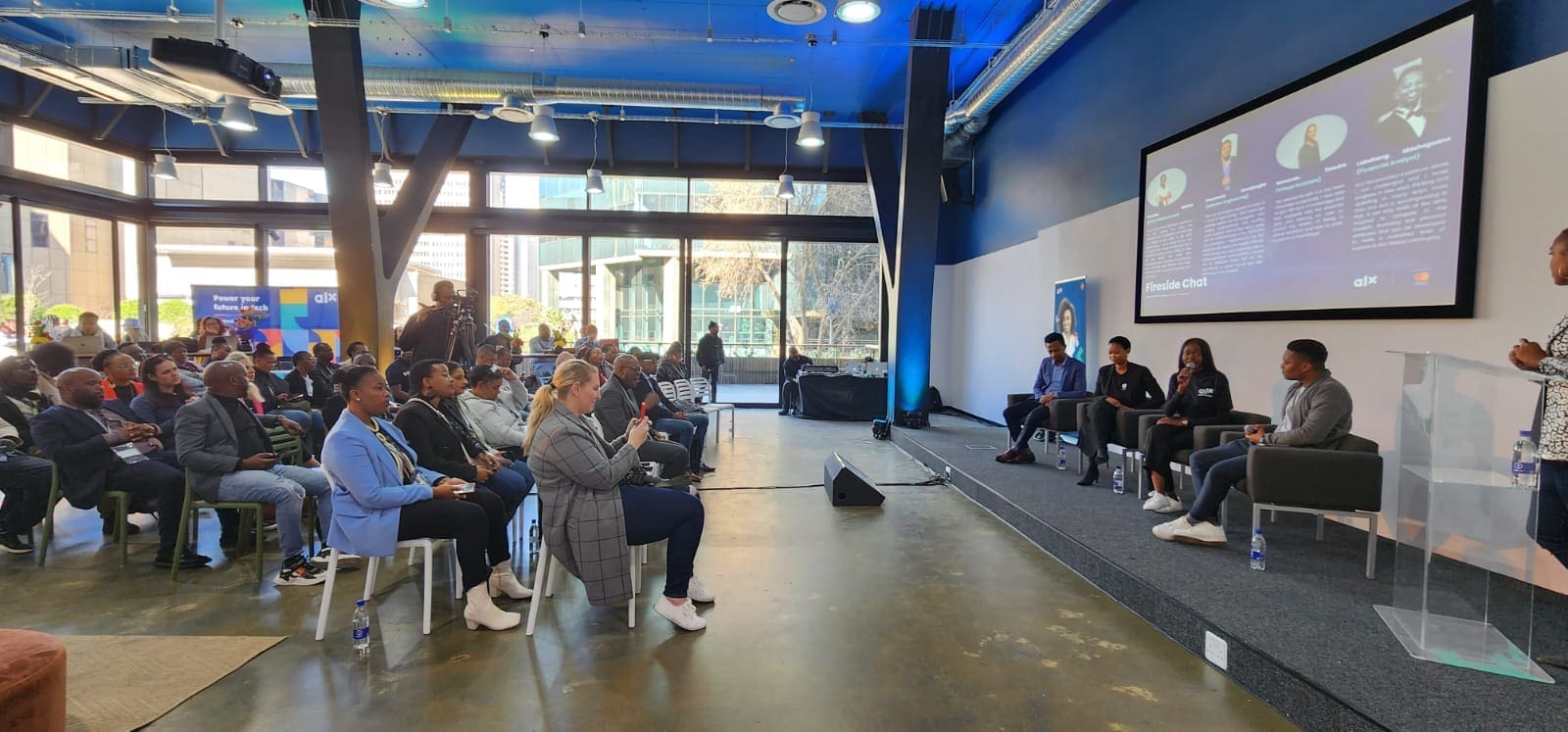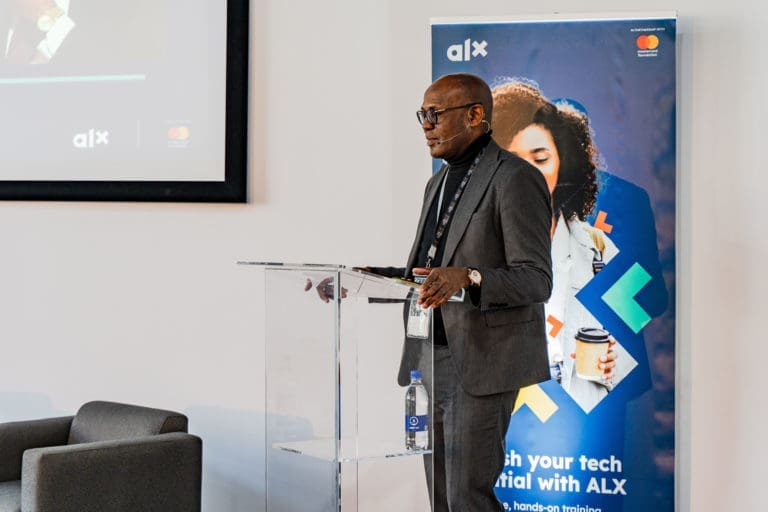A technology training and skills development company, ALX, calls for the removal of barriers preventing South African youth from leveraging digital transformation opportunities. The call for action aligns with this Youth Month theme for 2023, “Accelerating youth economic emancipation for a sustainable future.”
“Government, civil society and the private sector must rally to address infrastructural challenges and create opportunities for young people to acquire in-demand skills that will enable them to participate in the global digital economy,” says Divesh Sooka, General Manager at ALX South Africa (SA).
This comes as ALX, yesterday, announced the opening of its first ALX Tech Hub in the country. Based in Braamfontein, Johannesburg, the ALX Tech Hub will provide an accessible co-working space to address the critical infrastructure challenges that many South African students face, most notably access to high-speed internet and stable electricity. Accommodating up to 1600 learners per day, the hub will provide an environment where students can connect with mentors, industry professionals, and other peers, fostering collaboration and innovation.
The new facility demonstrates ALX’s mission to transform Africa by developing three million ethical and entrepreneurial leaders at an unprecedented speed by 2035 and is a tangible commitment to enabling a continental shift in tech education, harnessing SA’s abundant human capital.


Through its Tech Hubs in eight countries across the continent, ALX is building the largest pool of trained technical professionals in Africa, thereby addressing the worldwide tech talent shortfall that is predicted to exceed 85 million people by 2030. As part of African Leadership International (ALI), ALX is connected to an innovative ecosystem of institutions with a shared ambition to curb unemployment in Africa by enabling 2 million young professionals to secure dignified and meaningful work opportunities by 2030.
Over 85,000 learners have graduated from ALX since 2021, and approximately 85 percent of its graduates have found employment within six months of completing their training.
“Our new Tech Hub launches our blended learning model that combines online learning with in-person training, promoting effective, innovative thinking, and professional competency development. Our experience highlights that learners show reduced drop-off and better performance when working alongside one another. We plan to eventually have ALX Tech Hubs across the country to support hybrid learning on a national scale,” Sooka adds.
Rejuvenating SA’s youth and the inner city


Stationed in Braamfontein, a bustling inner-city hub for young people, ALX is providing opportunities for world-class digital skills and lowering barriers to employment.
Built to foster productivity, the ALX Tech Hub will provide training, networking, and professional mentoring, developing well-rounded tech professionals equipped with not only technical skills, but also the soft skills crucial to their success in high-growth industries.
Sooka says that ALX’s new Tech Hub and inclusive training programmes will help democratise access to tech education and further enable them to fuel SA’s active participation in the global tech revolution. Regardless of any prior formal tech background, ALX’s programmes equip learners with practical, sought-after skills, serving as a launchpad for their careers Beyond technical prowess, their programmes focus on nurturing soft skills such as critical thinking and adaptability.
South Africa’s Youth Employment Scramble
The urgency to address youth unemployment and skill inadequacy is reflected in Stats SA’s latest quarterly employment survey, with a 1.1% rise in unemployed youths to 46.5% between Q4 2022 and Q1 2023.
“Providing SA’s youth with the skills to become a part of the digital economy will drive employment, encourage entrepreneurship and contribute to massive economic growth,” says Sooka. This shift is critical for the future of our youth and our country and is necessary to drive sustainable and meaningful participation of youth in the economy,” concludes Sooka.
